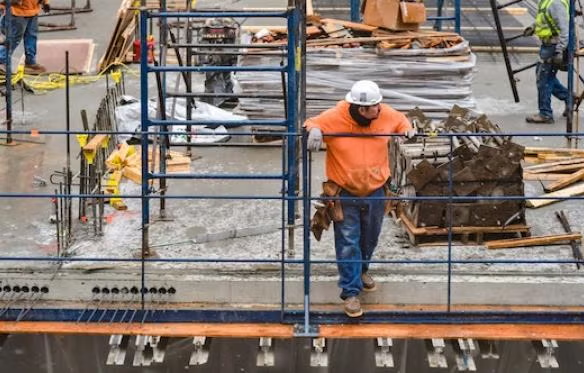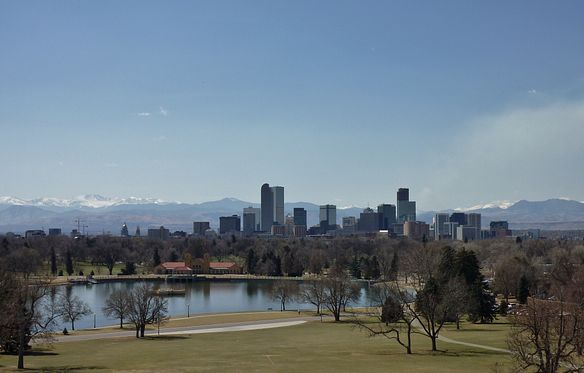Below are stories from those who have been personally affected by wage theft:
Eduardo by Camden Bowman
When Eduardo went to work one morning, he didn't know that the man who had picked him up to work wasn't planning on paying him. On the way back to the liebre, day laborers' colloquial term for street corner hiring sites, after a hard day's work, he asked his employer if they could make a quick stop so that he could pay his phone bill, and the employer agreed. Eduardo went inside and took care of his bill, but when he came back outside the employer had left without leaving him any information concerning how Eduardo could collect his wages. Eduardo never saw him again, and had no way to get back the time and effort he had put into his work that day. To make matters worse, Eduardo was now at a store in the suburbs with no transportation back home.
The strategy that Eduardo's employer used is common. Many workers tell stories of employers who take them to banks to "take money out," tell them to go wash up, and then leave while they are not looking. Employers who steal wages also often fail to provide transportation back to the sites where they hired the workers, meaning that day laborers sometimes find themselves in faraway towns with no way to get home. Workers have to walk back to Denver from as far away as Castle Rock, and others tell stories of having been left in far-off states. Some workers live in Denver merely because someone brought them here and refused to pay them or give them transportation home.
David by Max Spiro
David once worked a job installing a washing machine, when he suffered a hernia. He went to the employer asking for help and worker's compensation, but the employer claimed that David's problem was not a result of his work. Unable to work because of the pain, David sought help. Perhaps because of his legal status, lack of health insurance, or inability to pay, David was refused service at multiple hospitals. When he finally received treatment, his medical expenses amounted to over $2,000 dollars. During this time, he was unable to work for over a month. Due to his paycheck-to-paycheck lifestyle, David was unable to pay his medical expenses.
David's daughter told him she didn't want a cake for her birthday, because she knew he wasn't working. David said a variety of church groups sponsored him, and he was able to raise money to pay back his medical bills. He never recovered the wages lost during his time asking for money and in the hospital.
Carlos by Morgan Brokob
When Carlos came to the United States from Chihuahua, Mexico, his first stop was in New Orleans, where he worked for a month on a roofing project. He was never paid for the time and effort he spent on this job. This frustrated him because "a day of work is a day of work." Feeling as though there was nothing he could do to recuperate his wages, he started traveling across the country, eventually making his way to Denver.
Carlos said he likes living in Denver because there is plenty of work. However, the city's booming economy and the availability of jobs does not always translate into a good work environment. He has experienced wage theft several times since coming to Colorado, often involving cases of employers explicitly refusing to give workers the money they were owed. On one of these occasions, Carlos went directly to his employer's house, where he was told outright that he would not be paid.
Carlos is disillusioned with a system that privileges employers and ignores the concerns of day laborers. When asked how the system could be improved, he mentioned that it's difficult if you don't have anyone to rely on and that employers have all the power. He said a day laborer may be resolved to face an employer who did not pay, but that courage vanishes when you are face to face with the person who owes you money. His primary concern is for people to care about the challenges faced by workers like him, but such sympathy is rare since he, like so many other workers, is undocumented.






